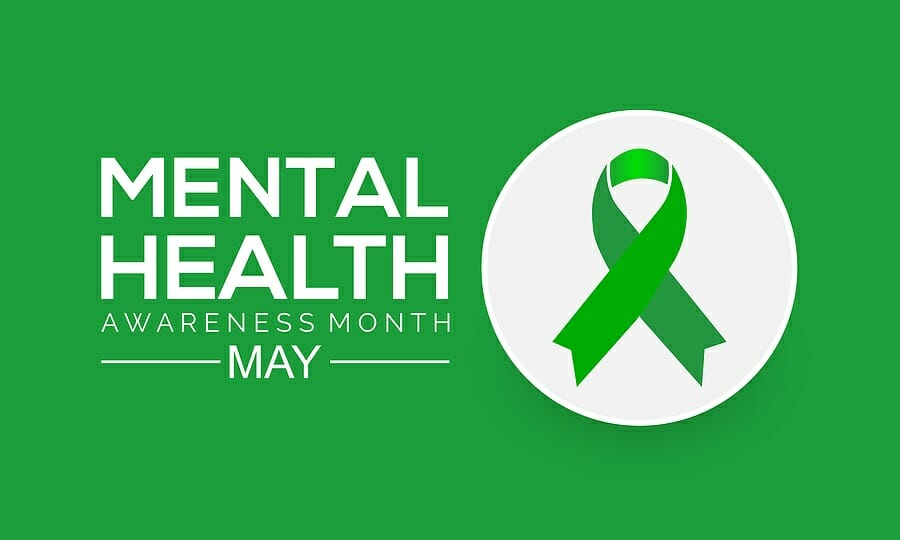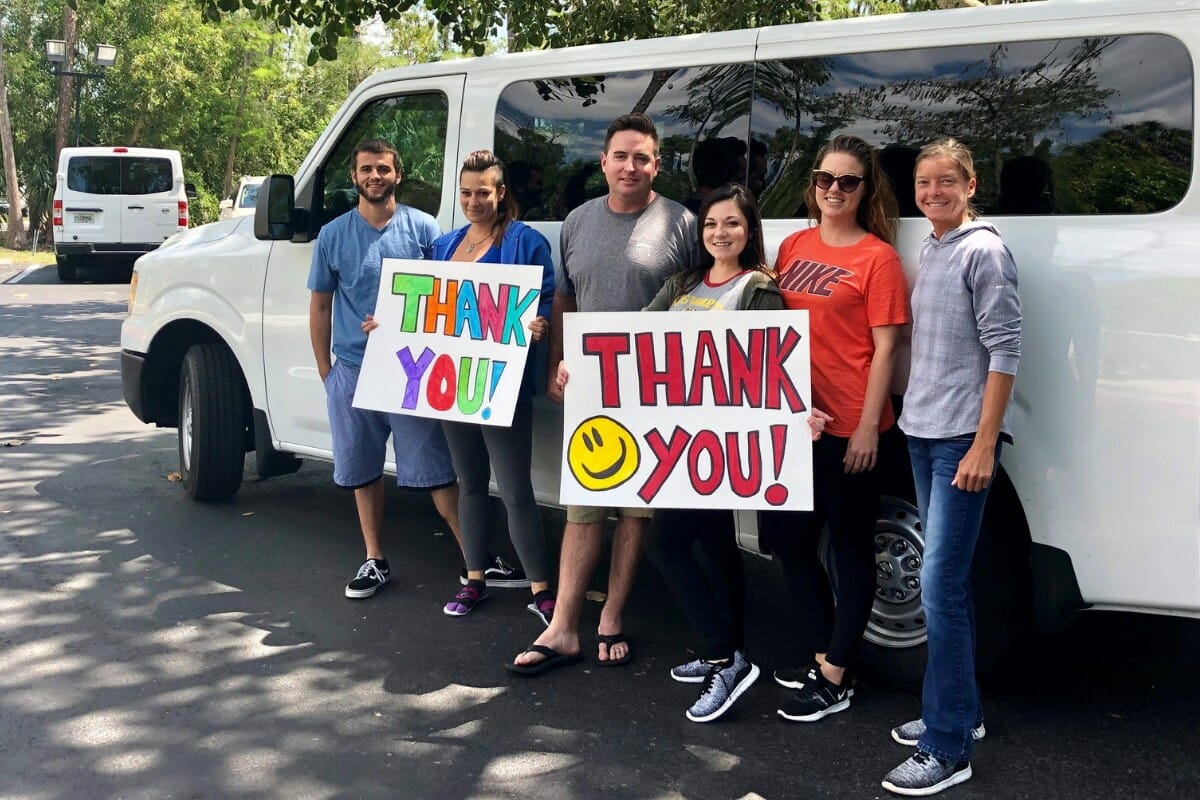
New NCEF Children’s Mental Health Initiative Propels Strategic Priorities Forward
Message from the CEO
Scott Burgess
Holism is the idea that natural systems (physical, biological, spiritual, social, economic, mental, etc.) and their properties should be viewed as wholes, not as collections of parts. In the world of healthcare, we have a serious breakdown in holistic views of treatment. Mental healthcare is not adequately integrated into the broader healthcare spectrum and conversely those with mental heath challenges often do not get adequate physical care. This circumstance results in a great human and economic toll. For example, persons with serious mental illness die, on average, 25 years earlier than those in the general population, often the result of untreated chronic medical conditions.
Prompted by healthcare reform, there is a new emphasis related to integration of medical and behavioral healthcare because this proves to be the most effective, holistic approach to caring for people with multiple healthcare needs and produces the best clinical outcomes.
Implementing integration and wellness strategies is just one of our strategic priorities laid out in the draft of our new 3-year strategic plan. With the announcement of the recent Children’s Mental Health Initiative grant from the Naples Children and Education Foundation, founders of the Naples Winter Wine Festival, in March, we are well on our way.
Through this grant, a team of talented professionals from David Lawrence Centers, Florida State University College of Medicine and Healthcare Network of SW Florida have been brought together to fill a significant and important void to create better integrated care and improved access to mental healthcare. This program integrates mental health treatment with local pediatric practices and other primary care professionals and strengthens the links among providers such as the school system, social service agencies, healthcare and community mental health professionals. By integrating behavioral and primary care we make it less threatening to visit with a behavioral health provider directly in the pediatric office where the child/family is already comfortable with their pediatrician.
This initiative also advances several other strategic priorities including enhancing alliances, community collaborations and partnerships; growing child and adolescent services; increasing access to care; and expanding development efforts and financial resource enhancement.
May 02, 2014 | News



